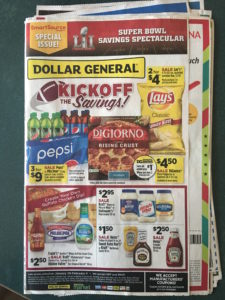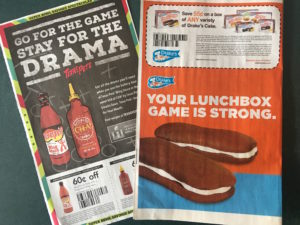
As exactly nobody noticed but me, June was the first month since 2004 in which we did not publish a single post. Blowing that tradition feels great. I’m backing off on new freelance work and will continue to post here from time to time, but only if I have something worth saying. The collected wisdom of this site can be found mostly in the Copywriting 101 category or, if you want to pay very little extra for me to organize it for you, in my book Copywriting that Gets RESULTS! And if you are willing to read about food instead of marketing, Burnt My Fingers is alive and well with new posts at least 2x a week.
I started this blog because I was teaching a copywriting course for the Direct Marketing Association, and the innovative format (yes, blogs were new at one time) seemed a good way to keep in touch with students outside of class. In 2004 email and other electronic marketing was in the ascendancy, but we still used direct mail for many creative and marketing examples because there is such a rich history to draw from.
Today, the most effective marketing is found in ads that don’t seem like ads at all, in clickbait headlines and fake social media posts that target a specific group or concern. David Ogilvy and other giants of direct marketing would be very proud of, if not exactly chummy with, the Russians and others that excel at these new media. Just like Robert Collier or John Caples, they do the digging to understand what is important to their target audience, then present their product or service as a solution to the problem the audience is having.
As we learned from Roy Chitwood and other practitioners of effective selling (remember, a copywriter is a salesperson with a keyboard), every one of us is motivated in every decision by the desire for gain or fear of loss. Today the latter motivator seems to be on the rise. I hope we all live long enough that the tide will turn and we will be less interested in who is trying to take things away from us and how we can stop them, and more interested in being the best we can be and sharing any beneficial results that may accrue.
It’s America’s birthday, the 4th of July. Let’s celebrate by making a commitment to a more generous and optimistic society, and let’s each one of us take the high road in working to make that happen. Look your neighbor in the eye, even if they’re a stranger, and nod hello. Sharing and fellowship built our nation. It’s not too late to go back.


